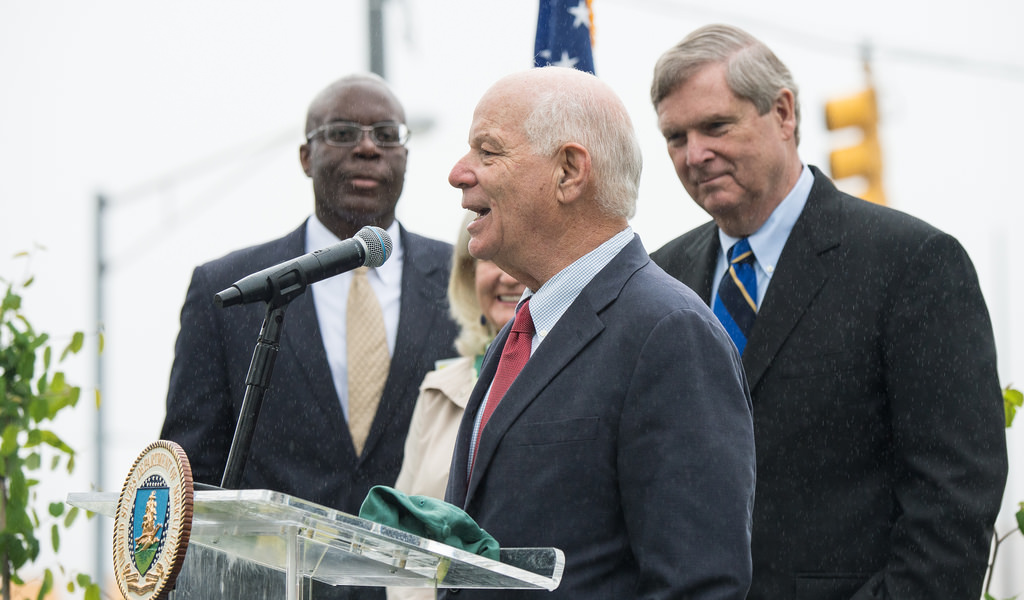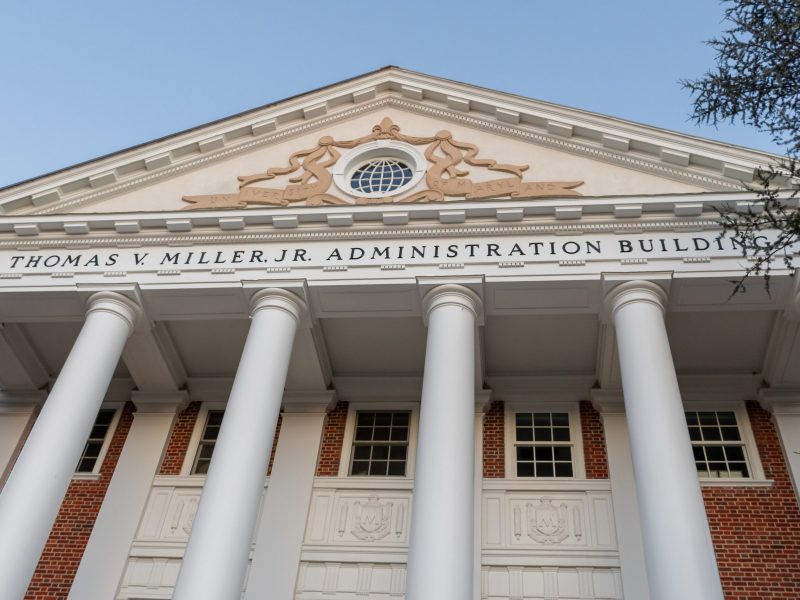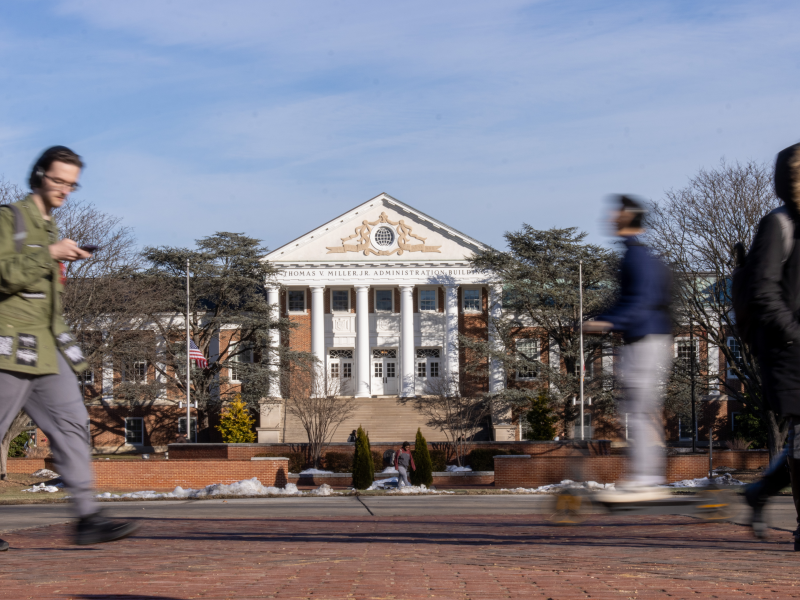You have a lot of power. Your generation currently constitutes as large of a voting bloc as baby boomers, making up 31 percent of the American electorate. That translates into a tremendous amount of political capital. That is good news, considering the vast majority of you have legitimate concerns about the economy, student loans and housing prices. You and your generation can command untold levels of influence and change on those issues.
Unfortunately, your generation also is the least likely age group to exert your influence. Less than half of millennials vote, compared to 72 percent of baby boomers. The collective voice of your generation — your say in public policy and the consequences it can engender — is diminished as a result. We must not become complacent to this trend, because you will be the ones inheriting the country; you have the most to gain, and stand the most to lose, in today’s political process. My hope is that the reversal of this trend starts now, in this election, and starts here at the University of Maryland.
Many young voters express disbelief that their vote or their voice will matter in this election. Maryland is a blue state. Some interpret that to mean voting is a pointless enterprise, yet that could not be further from the truth. Your vote does matter in this and every election. History is riddled with elections that have transformed the electoral map. In a campaign season this unorthodox, nothing should be taken for granted.
There is far more at stake than the White House. The president is only as effective as his or her allies in Congress. Voting for your U.S. senator and representative is equally important. Laws originate in Congress, presidential agendas succeed or fail depending on the composition of Congress and Supreme Court nominees must be confirmed by the Senate. Voting for every office, not just the presidency, is critically important to our collective future.
Further, in this internet age in which ideas and ideology spread rapidly through social media across both state and party lines, one person’s decision to sit out influences others. Your outlook, choices and perspective on the voting process resonate far beyond your zip code. You can only make an effective case for others to participate if you do.
The perennial questions of each generation have always been, “How can we do better than the last? How can we surpass expectations and build a better life than those who came before us?” Unfortunately, I know many of you have lost the optimism that underpins those questions.
From my travels across our state to meet with college students like yourself, I know that today the questions many young people ask themselves are more somber: “I’ve worked hard to earn a college degree — will the economy reward that work? Will I be able to find a job in my field?”
“Will I be able to pay back my student loans? At what cost? What will I have to sacrifice to make ends meet?”
“Could I afford to attend graduate school? What kind of health insurance options will I have once I’m off my parents’ plan?”
Sometimes the questions are even more fundamental: “Will I ever be able to own my own home and start a family?”
Those are all astute questions. But if I could suggest one more, it might be this: “How engaged am I in choosing the people who will pursue sound, thoughtful answers?”
Democracy should be a verb. You must be the action that makes it move. And, as the famous adage goes, decisions are made by those who show up.
Becoming educated and informed, learning from your professors, participating in social clubs and learning from your peers — those elements comprise the beginning of your story as an engaged citizen, not the end. The chapter that comes next should be the one wherein those skills, and all the knowledge you have worked so hard to attain, are applied through civic engagement.
We are all shaped by the society we share — and that society is shaped by you.
Each of us has a stake. Each of you have hopes for your lives, expectations of your government and ideas to improve your country. But perhaps businessman Arnold Glasow said it best when he wrote, “Ideas not coupled with action never grow larger than the brain cells they occupied.”
Your hopes, your expectations and your ideas deserve to be larger.
Early voting is happening now, and Election Day is Nov. 8. I hope to see you at the polls.
U.S. Senator Ben Cardin (D-Md.) is the Ranking Member of the Senate Committee on Foreign Relations. He is an alumnus of the University of Maryland School of Law. His office can be reached at https://www.cardin.senate.gov/contact/.



